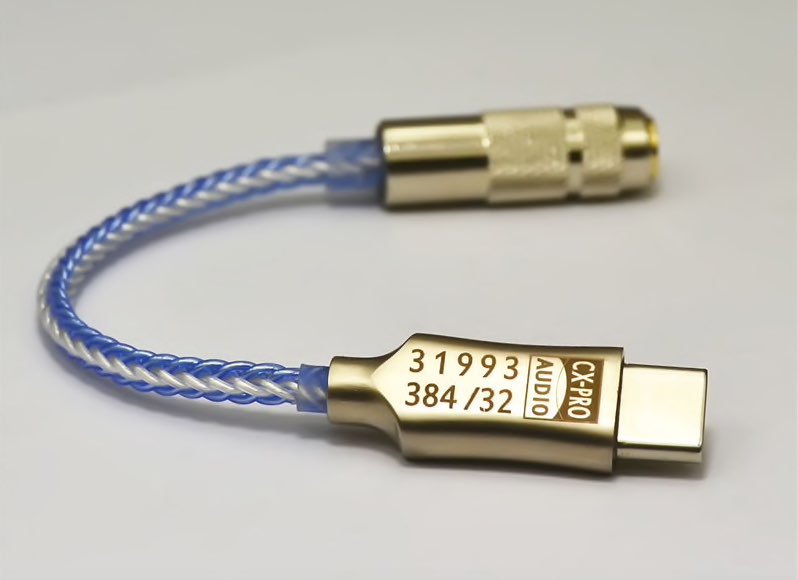Hi, I dont wanna make a "versus" topic , but OSS or PULSEAUDIO ?
what sounds better and have more quality?
my scenario is:
sound output through mi nvidia card to the tv , and then to the home theather
I was move to pulseaudio because of /usr/ports/multimedia/kodi , I need an equalizer so bad, and a got it, sounds good
and plus this settings in daemon.conf
and in OSS all my life , bitperfect enabled and a modified port of
/usr/ports/multimedia/audacious gtk2 version
I'm not a audiophile , but allways have a good ear
the music all in .flac format and movies...I dont care much
besides, I noticed that /usr/ports/multimedia/audacious has become very slow when turn up o turn down the volume and
the basic visualizations become too slow too, this using OSS (with and without bitperfect enabled,using the analiog output of my motherboard,using the legacy version of audacious,etc)
But with pulseaudio not,everything is working fine
sorry for the offtopic, but opinions , guys?
what you preffer? Oss or Pulseaudio?
and if is Pulseaudio, what can I do to improve sound quality to the best quality?
what sounds better and have more quality?
my scenario is:
sound output through mi nvidia card to the tv , and then to the home theather
I was move to pulseaudio because of /usr/ports/multimedia/kodi , I need an equalizer so bad, and a got it, sounds good
and plus this settings in daemon.conf
Code:
realtime-scheduling = yes
resample-method = src-sinc-best-quality
default-sample-format = float32le
default-sample-rate = 44800and in OSS all my life , bitperfect enabled and a modified port of
/usr/ports/multimedia/audacious gtk2 version
I'm not a audiophile , but allways have a good ear
the music all in .flac format and movies...I dont care much
besides, I noticed that /usr/ports/multimedia/audacious has become very slow when turn up o turn down the volume and
the basic visualizations become too slow too, this using OSS (with and without bitperfect enabled,using the analiog output of my motherboard,using the legacy version of audacious,etc)
But with pulseaudio not,everything is working fine
sorry for the offtopic, but opinions , guys?
what you preffer? Oss or Pulseaudio?
and if is Pulseaudio, what can I do to improve sound quality to the best quality?


